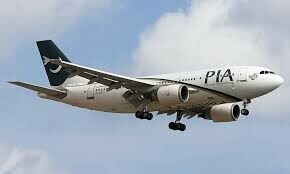NEW DELHI: Indian election officials have seized a record $36 million dollars of cash concealed in cars, private planes and even ambulances that they say was destined to buy off voters and pay for expenses over and above the spending limit.
Despite the dramatic political change it could bring, this year’s election would appear to be the same grubby game of cash-for-votes that has marred previous ballots, only this time on a far bigger scale.
Cash seized in the three weeks since the staggered election was announced has already surpassed the 1.9 billion rupees for the whole of the 2009 ballot period, the election commission said.
The commission has also recovered 100 kg of heroin, most of it in East Punjab that has long been a transit point for drugs from Afghanistan, but is now itself India’s heaviest consuming opium state.
More than 10 million litres of liquor have been seized, too, over the past 20 days as politicians pour resources into an election that will cost an estimated $5 billion by the time it ends, second only to the last U.S. presidential election.
“The seizures that we have made of cash, liquor and drugs are far bigger than we had anticipated. The scale of the problem is immense,” P.K. Dash, who leads the expenditure monitoring effort at the independent Election Commision, told Reuters.
He attributed the increase to the growing number of business leaders getting involved in politics, as Asia’s third-largest economy gears up for an expected second generation of reforms to restore rapid growth.
“A couple of elections ago it was not such a game of money,” Dash said. “Now you have business people in politics, whereas earlier they were involved in managing their empires.”
SPENDING GOES UNDERGROUND: Political funding remains opaque in India, with political parties refusing to disclose fully their sources of finance.
State funding has been mooted in the past to stop illicit spending, but the idea has never taken off.
Critics say a first-past-the-post system for electing lawmakers means the pressure on candidates to outspend their rivals is intense. And in a country where nearly a third of the population of 1.2 billion is estimated to live on less than $1 a day, relatively little money can go a long way.
With a legal spending limit of 7 million rupees ($116,200) for each parliamentary seat at stake, much of the money being spent by candidates has been driven underground.










































Dear visitor, the comments section is undergoing an overhaul and will return soon.